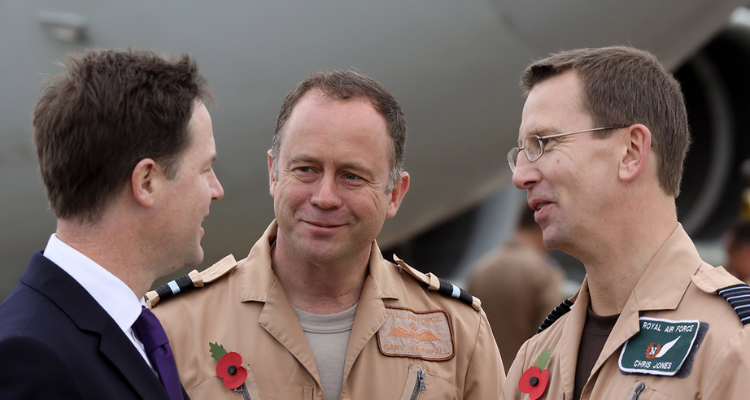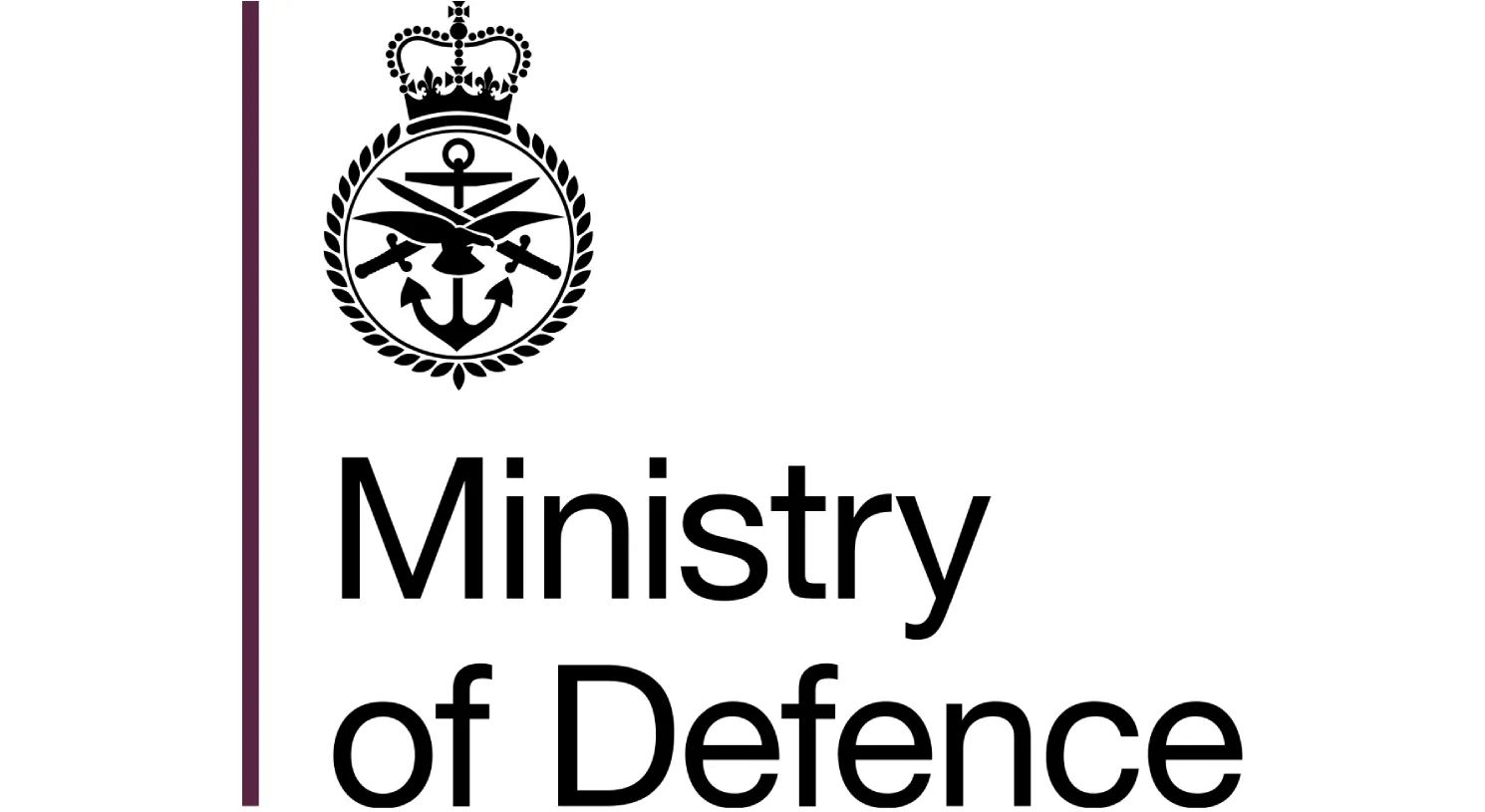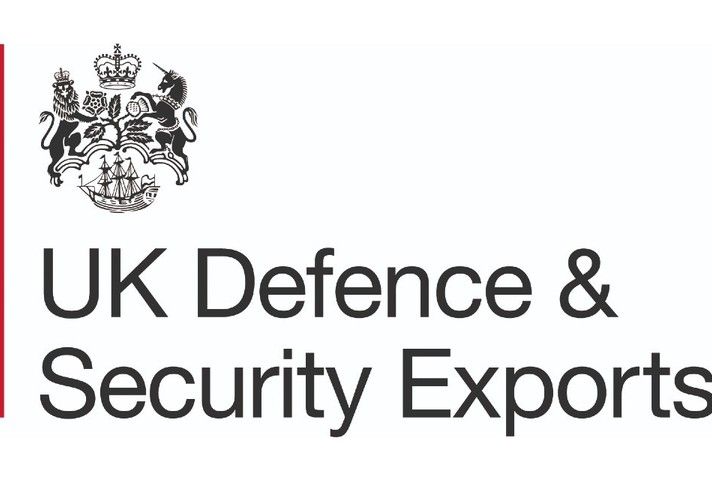
DSEI 2023: AN ANALYSIS OF THE UK'S INTEGRATED REVIEW REFRESH
The long awaited Integrated Review Refresh was published on Monday 13th March, two days before the UK’s budget was revealed by the Chancellor.
In the main, the new report tackled two of the criticisms levelled against the original. Firstly, that it was lacking an assessment of Europe in the context of geo-politics and defence. This has been addressed in the refresh as it declares ‘The most pressing national security and foreign policy priority in the short-to medium term is to address the threat posed by Russia to European security.’
The second issue was that the ‘tilt to the Indo-Pacific’ was a useful phrase that wasn’t backed up by any meaningful action. The review challenges this notion, saying that the UK’s position in the region has improved through trade deals and collaboration on important defence programmes. For example, in December Japan signed up to an Anglo-Italian initiative to build a next-generation warplane, a project known as the Global Combat Air Programme (GCAP). This partnership was strengthened at DSEI Japan in the middle of March. Relations with Australia continue to develop with Britain co-designing a nuclear submarine with them as part of the AUKUS pact, a three-way deal announced by America, Australia and Britain 18 months ago. On top of that, Britain is also close to being accepted as a member of the CPTPP, an Asian trade deal.
On defence spending specifically, the Ministry of Defence will receive an extra £6bn over the next five years in addition to the £5bn that had previously been announced by Rishi Sunak. This money is earmarked for nuclear weapons, submarines and the replenishment of munition stockpiles, which have been greatly reduced due to the war in Ukraine. UK Defence Secretary, Ben Wallace, and his military chiefs were calling for a commitment to spend 2.5% of GDP on defence.
The Integrated review refresh said that this is only an “aspiration…as fiscal and economic circumstances allow”. This is a clear indication that gifting large sums of money to defence is not high on Rishi Sunak’s agenda.
Procurement methodology across UK defence may need to become increasingly nimbler if the most is to be gained from this uplift. Moreover, with inflation still dangerously high and dollar exchange rates low by historic levels, how much more real money will actually be available depends on macroeconomic conditions. There are inevitable lessons to be learned from the conflict in Ukraine; the situation is still volatile and unpredictable. The Ukrainian war is an example of state-on-state aggression, with large scale urban battlegrounds, reminiscent of the fighting in the Second World War. However, the current and future operating environment will have multi-varied challenges below the threshold of traditional warfare; keeping competition at a pre-threshold level, or in the ‘grey zone’ may well become the new normal. We are entering a new paradigm where challenges will not only be presented in the real world, but also in the virtual and cognitive worlds. The UK, but also allies across the globe, need to be prepared for these threats. Difficult times ahead. What is clear though, is that the moral component of fighting power is as relevant today as it has been throughout history; The Ukrainian Armed Forces have undisputable will to win.
With the turbulent times as a backdrop, DSEI 2023 returns to ExCel London, and the event may be the most important to date. DSEI is a key event in the international calendar and it will bring a wide array of defence stakeholders from across the world at a time of vast geo-political instability, with nations worldwide re-assessing the capabilities and needs of their armed forces. The theme for 2023 is ‘Achieving an Integrated Force’. It will be vital that the UK continues to integrate at all levels and across five operational domains of Air, Cyber and Electromagnetic Activities (CEMA), Land, Sea and Space.
Gary retired from the Royal Air Force after 34 years service in December 2019. He spent the latter part of his career in key operational command appointments across UK Defence. His last appointment was as Deputy Chief of Joint Operations and Chief of Staff at The Permanent Joint Headquarters (UK) with responsibility for planning and execution of UK led and multinational overseas military operations.
An accomplished aviator including a 3-year tour on Royal Air Force Aerobatic Team, The Red Arrows, Gary completed numerous tours as a Harrier pilot from land and sea, in peacetime and on operations. His last flying appointment was as Harrier Force Commander and Station Commander RAF Cottesmore, where he led the Force into premature retirement. He led the UK Air Contribution to The NATO led operation over the skies of Libya in 2011, was the Deputy Air Component Commander for the Air Security for the London Olympics 2012, led the Typhoon Force before promotion to Air Vice-Marshal where he took command of No 1 Group and became Air Defence Commander of UK Airspace. He has completed the Higher Command Staff Course and UK PINNACLE course .
-
Latest Defence and Security Capabilities set to be on Display in London as DSEI 2023 Begins
12 Sep 2023Defence and Security Equipment International 2023 (DSEI) opened its doors Tuesday 12th September. DSEI 2023 and DSEI Connect will together host some 1,500 defence and security suppliers – including al ... -
Unlocking the Defence Workforce Ecosystem
05 Sep 2023The UK MOD is facing unprecedented challenges in attracting, growing, and retaining the skills it needs to deliver its mission. The new systems and technologies that the UK is fielding add to this cha ... -
KEY POINTS Rapid modernisation, innovation and technical development is needed for the UK to meet it’s twin priorities of protecting European allies, and stability in the Indo-Pacific. Using innovatio ...
-
DSEI 2023: Royal Navy To Set Up In Receive Mode, To Support Partnering Against Future Threats
04 Sep 2023 Dr Lee WillettThe UK Royal Navy (RN) will have significant presence at the DSEI 2023 exhibition, which is taking place at ExCeL London on 12-15 September. It is also seeking to grasp the engagement opportunity that ... -
Agile Acquisition & Rapid Delivery in Defence – Resilient Teams Harnessing Digital Means
04 Sep 2023“Technology is an extension of human behaviour” – a quote attributed variously, but traceable to the Canadian philosopher, Herbert Marshall McLuhan. Whilst originally referencing the study of media, t ... -
“Nobody ever stops or intervenes in a poor project soon enough. The temptation is always to ignore or under-report warning signs and give more time for things to improve to avoid revealing bad news, r ...

-038.jpg/fit-in/500x500/filters:no_upscale())
)
)
)
)
)

